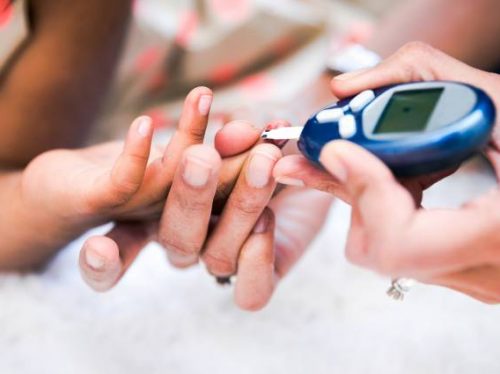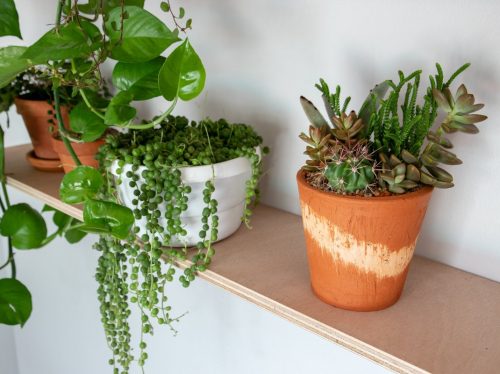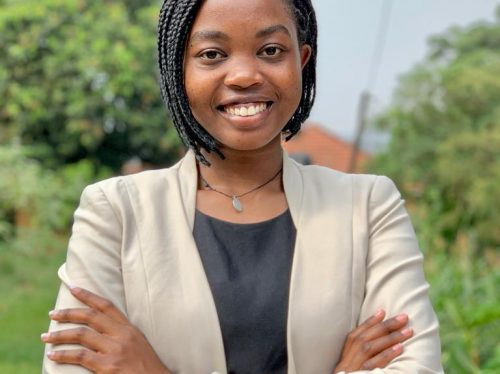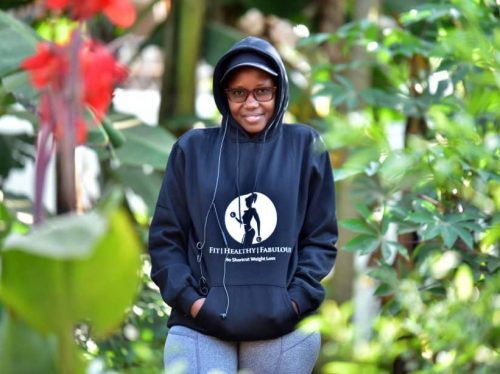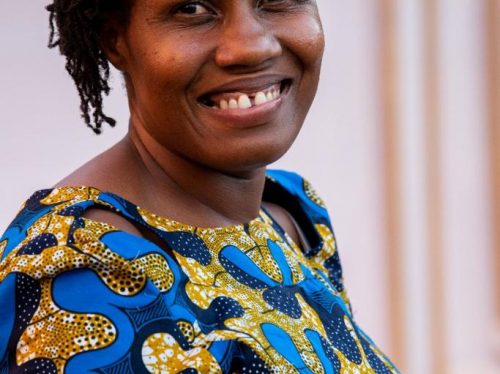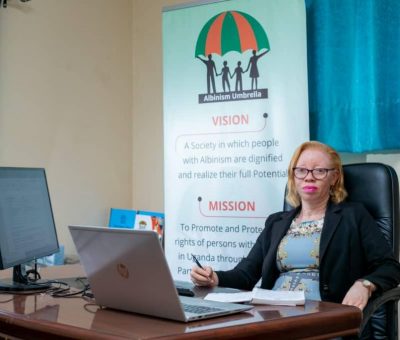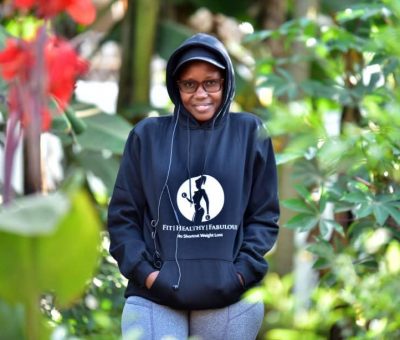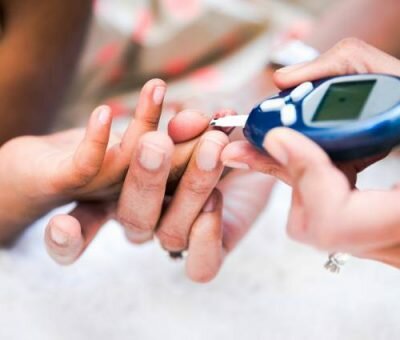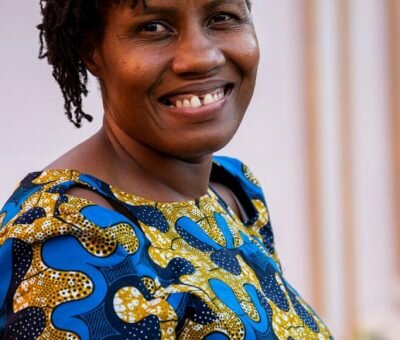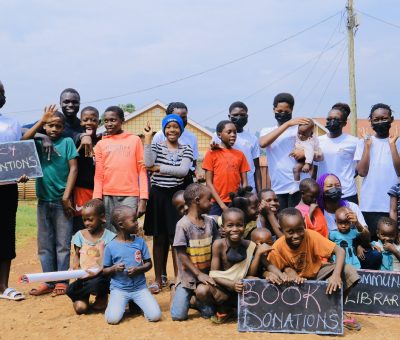Kyaffe coffee is empowering women through fair trade
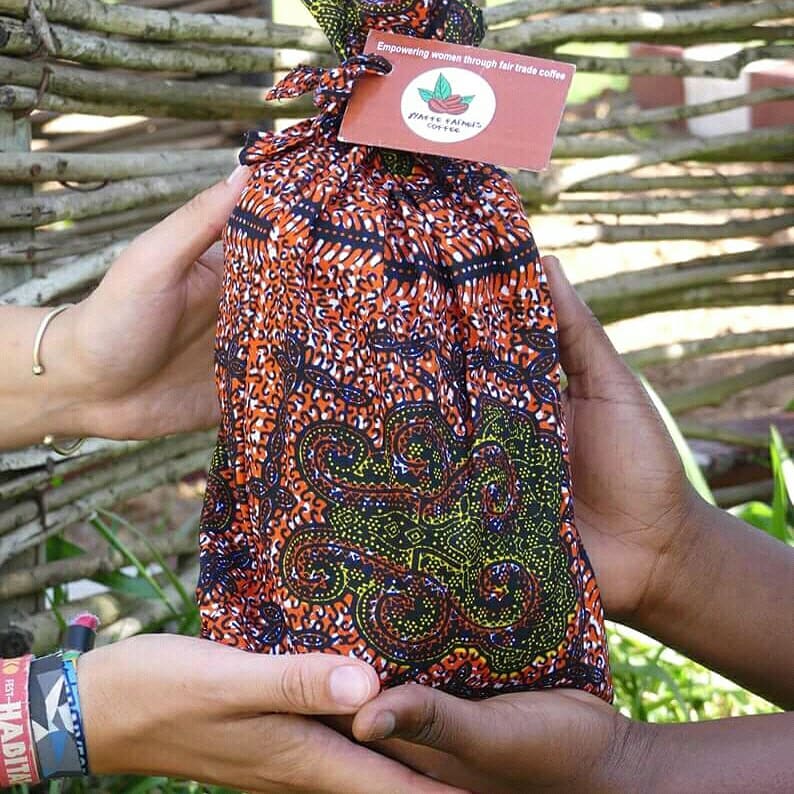
Elizabeth Nalugemwa, a Ugandan farmer is the founder of Kyaffe coffee, a social business dedicated to advancing the lives of female coffee farmers and their children through rural wealth creation and community transformation.
Kyaffe is a luganda word meaning “ours” which symbolizes working together as one.
Nalugemwa says she grew up in Masaka district where her mother was a smallholder coffee farmer. However, Nalugemwa says, her mother’s efforts to generate an income for their family were deemed a threat by her father which led to domestic violence and eventual separation.
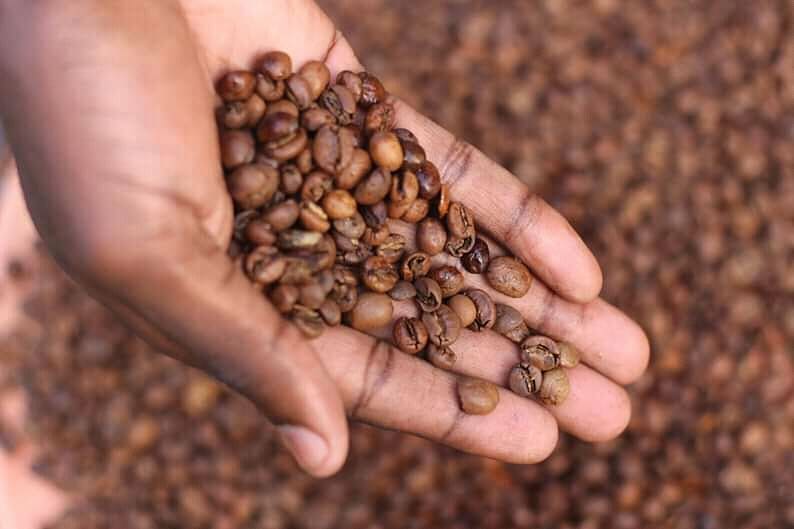
She adds that while women smallholder farmers play a crucial role in growing and preparing ingredients for many global products, their contribution is often unrecognised and goes without any payment. In many cases, women provide the majority of agricultural labour, transporting crops to markets while sales are largely done by men. This creates barriers for women in
terms of both income and leadership.
Kyaffe buys coffee from women at fair trade prices giving them the financial power to control their coffee business. With this, they are able to provide basic needs for their families including nutritious food and good healthcare.
“I wanted to challenge this by creating a space for women to be independent farmers while giving them the required financial help when needed,” Nalugemwa comments.
During a media interview, Nalugemwa explains how the fair trade model works. She says the organisation’s main rationale for using the farmer ownership model is to empower and organise smallholder farmers and thereby have more women involved in this value chain.
“We support women coffee farmers in the rural parts of Uganda through the in-kind credit financial model which enables farmers to receive support in kind and pay back in kind,” she explains, adding that farmers are also given farm inputs like pesticides to enable better yields.
“We purchase the inputs ourselves and deliver them to
the farmer. The farmer then pays in kind depending on their requests which is calculated in terms of coffee during the off season,” she adds.
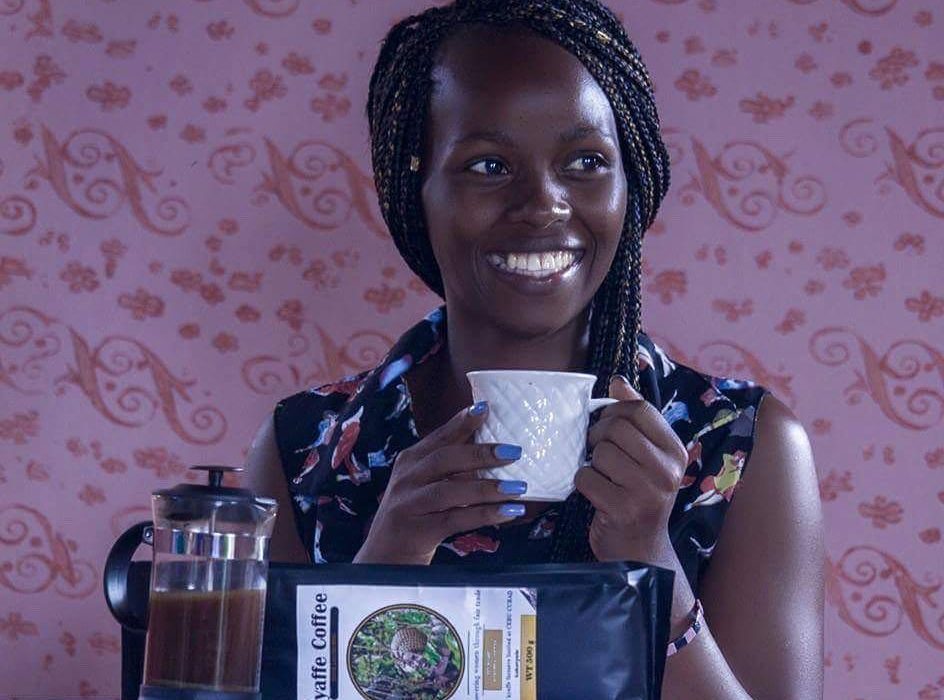
Rural farmers, especially women generally have not achieved high levels of education and do not have alternative jobs. Because of this, they are unable to provide good medical care and quality education for their children. Here, Kyaffe steps in during the crisis, especially during the off season, the hardest season for every farmer.
“We help farmers access emergency healthcare by partnering with established health centres and with schools where farmers children can access quality education,” Nalugemwa says.
During the harvesting season, farmers pay back with coffee and not money. It is calculated in such a way that the farmer pays back for input and all additional support offered during the both season and off season.
“We eliminate the use of money to avoid misuse. For example a farmer may request for money for farm inputs and end up using it on other needs. So, we encourage them to pay in kind,” she adds.
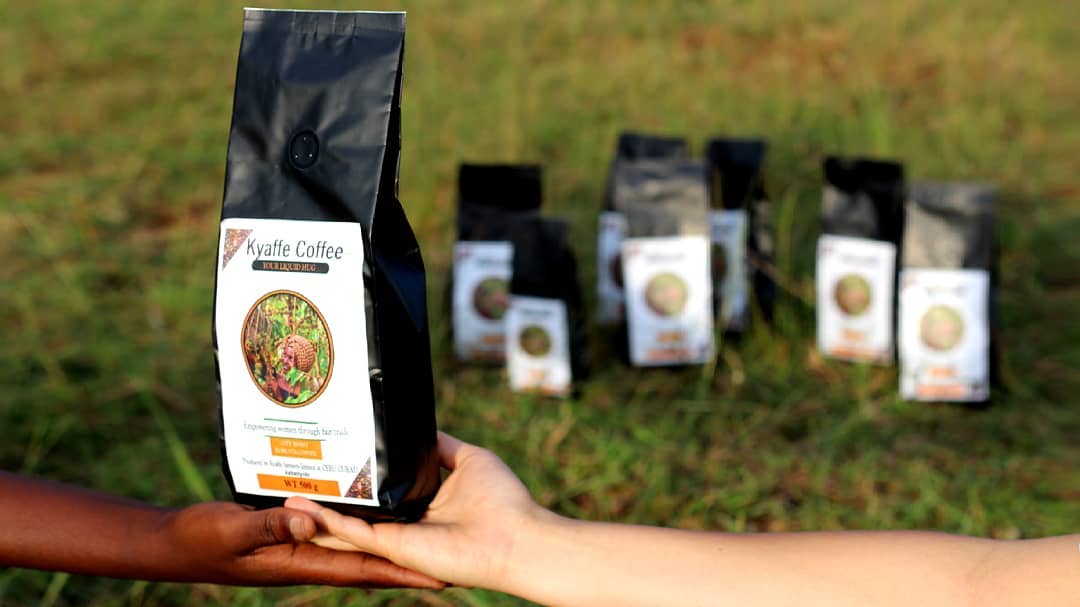
With this model, Kyaffe gets the coffee and processes it into finished branded coffee products that are sold to consumers. Part of the money generated helps run their community projects like schools and the Kyaffe Coffee Center.
Kyaffe coffee also provides coffee value and supply chain training for women to grow their coffee businesses. This enables them to find value addition machinery to make the most out of their businesses. The trainings also cover other small enterprises so that women can earn some extra income. These enterprises include making soap and coffee briquettes, among others.
In future, Nalugemwa hopes more partners will come on board to enable the organization to achieve its goal of reducing the difficulties women farmers in rural communities face by enhancing their personal development and business growth.
thepearluganda























